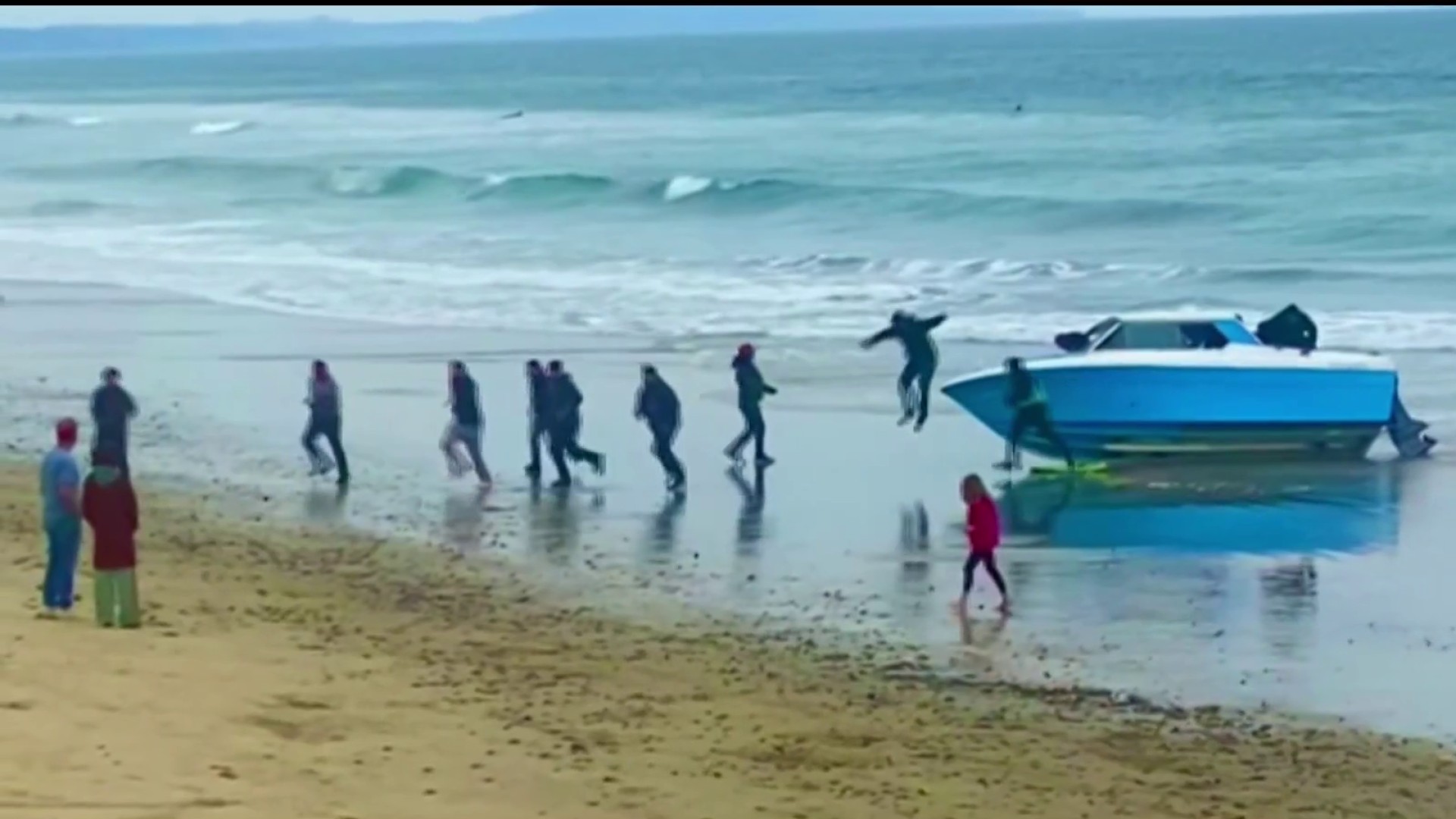The defense for a man accused of drunkenly murdering a San Diego architect argued Monday that the defendant was not fully responsible for his actions because he was “blackout drunk.”
Higinio Salgado, 32, faces murder charges for the beating death of his boss Graham Downes, who was found fatally injured outside his Bankers Hill home right next to an intoxicated Salgado in April 2013.
As the murder trial entered its second week, a psychiatrist took the stand on behalf of the defense.
The witness, who served as an expert on alcoholism, testified that after examining Salgado’s case, he believes the defendant was hypothetically blackout drunk the night Downes died.
The psychiatrist based his opinion on a blood alcohol content scale. If a 320 pound man like Salgado started drinking around 6 p.m., had his last drink around 1 a.m. and then still had a BAC of 0.15 around 5:20 a.m., that person would have an estimated BAC of 0.22 to 0.24 around 1 a.m.
Those were the circumstances leading up to the moment –around 1 a.m. – when Salgado allegedly got into a fight with Downes and slammed the victim’s head into the pavement over and over again.
Local
The San Diego Medical Examiner’s Office determined that the architect died from 17 to 21 blunt wounds.
At issue is whether Salgado should be convicted of murder, or if his altered mental state that night means that he should not be held fully responsible for his actions.
Monday’s witness testified that being “blackout drunk” means the person is virtually unconscious, a word the prosecutor took issue with a legal term.
The psychiatrist went on to clarify that he believes one’s ability to exercise free will is impaired in a blackout state. People can still make decisions, but they cannot consider the consequences in the same way as if they are sober, he testified.
The prosecutor highlighted that blackout drunks are still able to make decisions on their own.
An intoxication defense could not completely excuse Salgado of the crime; however the murder charge implies that Salgado had the specific intent to kill Downes that night.
The legal defense of voluntary intoxication can help defendants show they didn’t have the intent necessary to be convicted of “specific intent” crimes like murder, according to the Shouse California Law Group.
The jury could find that Salgado is not guilty of murder because of his intoxicated state, or they could decide that he intended to kill Downes, regardless of his mental state.



